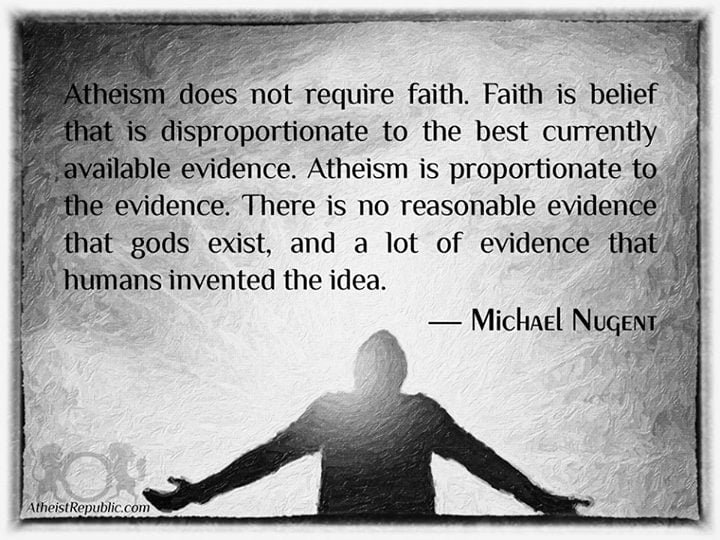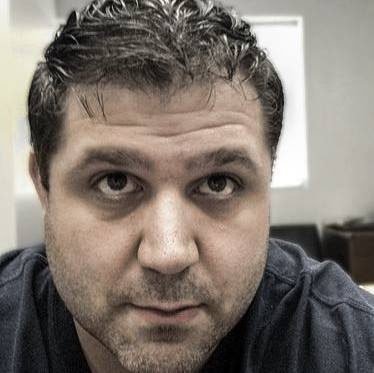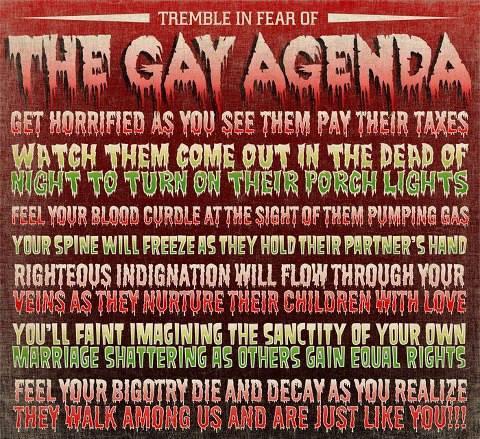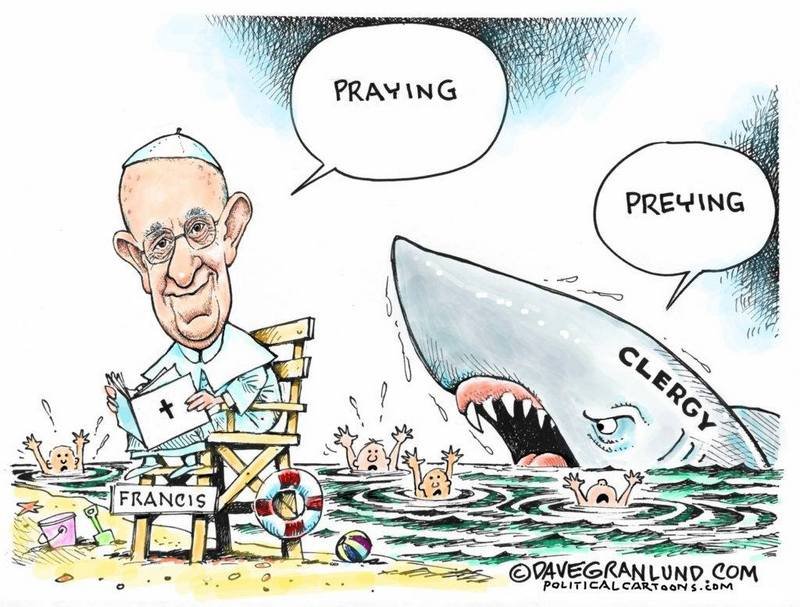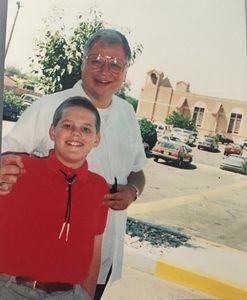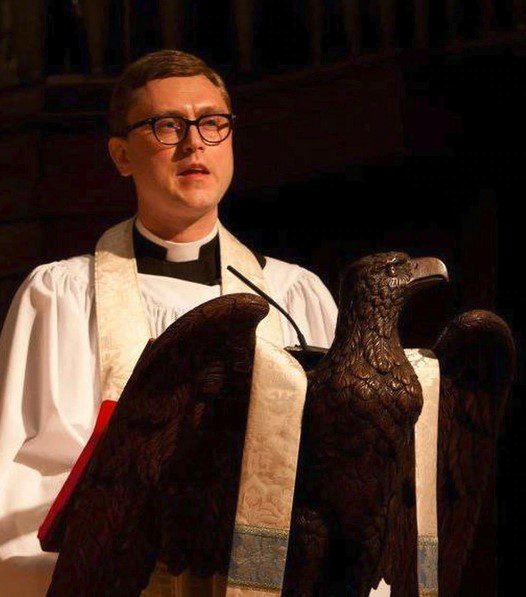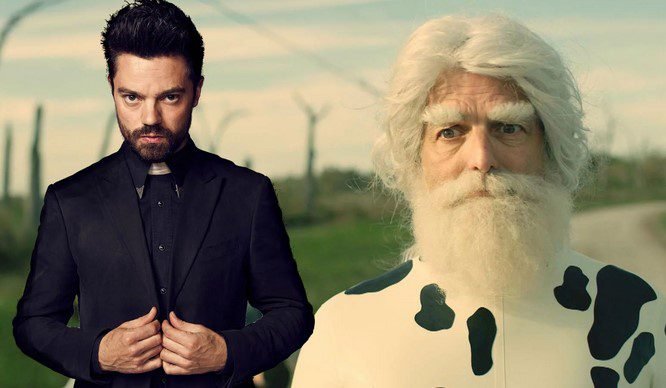
One of our favorite television programs is the AMC hit Preacher. The show is based on a comic book series created by Garth Ennis and Steve Dillon. Over its four seasons, Preacher was a Three Stooges-like finger in the eye of Christianity. Wikipedia describes the premise of the show this way:
Jesse Custer (Dominic Cooper) is a hard-drinking, chain-smoking preacher who, enduring a crisis of faith, becomes infused with an extraordinary power. He embarks on a quest to better understand his new gift and literally find God, alongside his trigger-happy ex-girlfriend, Tulip (Ruth Negga), and new vampire friend, Cassidy (Joseph Gilgun).
Last Sunday, we watched the show’s finale, and boy was it a doozy! Jesse finally found God. Jesse’s life was filled with heartache and tragedy. God, played by Mark Harelik, told Jesse that everything that happened in his life was because he (God) loved him. And what God wanted in return was Jesse’s love. In what had to be the most epic line of the show, Jesse, told God NO! and then said, “We would all be better off without a needy little bitch like you.” (God became quite angry and homicidal when Jesse refused to love him.)
While Jesse’s words seem harsh, anyone who honestly reads the Bible and takes it as written has to conclude that God is a narcissistic deity who created humans for one purpose: to eternally love and worship him. God is purportedly all-knowing, all-seeing, and all-powerful. He is the creator, the sovereign ruler over all. Christians love to talk up the power and strength of their God. Humans are reminded that they are vile snakes in need of salvation; and that without God saving them, their lives are worthless, meaningless, and without purpose. If humans want a life worth living, God demands that they accept the blood sacrifice of his Son, Jesus, and commit themselves to loving and worshipping God all the days of their lives.
Heaven is the grand payoff for followers of Jesus. And what exactly will Christians do in Heaven? While preachers tell all sorts of fanciful fictions about what Heaven will be like, one thing is for certain: Christians will spend eternity prostrating themselves before the Christian God and praising him for being such a wonderful, magnificent, awesome God. This masturbatory worship will not be optional. Preachers remind congregants about all that Jesus did for them through his bloody death on a Roman cross and his resurrection from the dead three days later. Those of us raised in Evangelical churches have likely seen a preacher or two illustrate the love of God by spreading his arms wide, imitating Jesus hanging on the cross. Just think of how much Jesus loves you, preacher’s say. If Jesus gave his life for us, shouldn’t we give our lives to him?

Have you ever wondered why any of this nonsense is necessary? Again, read the Bible without straining it through the spin of orthodox Christianity; without having preachers and theologians “explain” the text to you. Is the God of the Bible worthy of our love, worship, and devotion? I think not. Thus, it is not surprising to hear Jesse Custer say to God, “We would all be better off without a needy little bitch like you.”
An increasing number of people are realizing that they would be better off without the Christian God. All any of us needs is one another. If we are going to love someone, let it be our family, friends, and neighbors. If we are going to worship someone, let’s worship people who are worthy of our devotion. On occasion, I have told Evangelical zealots that my God is my wife, Polly. If anyone is worthy of my love and worship, she is. I have spent two-thirds of my life living with this God. She is better in every way than the God of the Bible. Polly has never demanded that I love and worship her, but over time, she won me over. The Christian God, on the other hand, did what, exactly, for me? Has he ever cooked me a meal, ironed my shirt, or any of the other countless things Polly has done for me over the past forty-three years? As I look back over my life, I see countless acts of love, mercy, and kindness done on my behalf by others. Where was God? Oh, he was there all the time, Evangelicals say, but just saying something doesn’t make it so. Generation after generation of people are told this and that about God and all his wonders. It is only when we take a hard look at life that we see that the God we have been told about is nowhere to be found. The only gods we see look very much like us.
In the end, Jesse Custer learned that God was not who and what he thought, and he didn’t need God to make it through life. A decade ago, I came to the same conclusion. Whatever “God” may or may not be, I’ve learned that I don’t need he/she/it; that if I must claim a God, her name is Polly.
About Bruce Gerencser
Bruce Gerencser, 62, lives in rural Northwest Ohio with his wife of 41 years. He and his wife have six grown children and twelve grandchildren. Bruce pastored Evangelical churches for twenty-five years in Ohio, Texas, and Michigan. Bruce left the ministry in 2005, and in 2008 he left Christianity. Bruce is now a humanist and an atheist. For more information about Bruce, please read the About page.
Are you on Social Media? Follow Bruce on Facebook and Twitter.
Thank you for reading this post. Please share your thoughts in the comment section. If you are a first-time commenter, please read the commenting policy before wowing readers with your words. All first-time comments are moderated. If you would like to contact Bruce directly, please use the contact form to do so.
Donations are always appreciated. Donations on a monthly basis can be made through Patreon. One-time donations can be made through PayPal.

